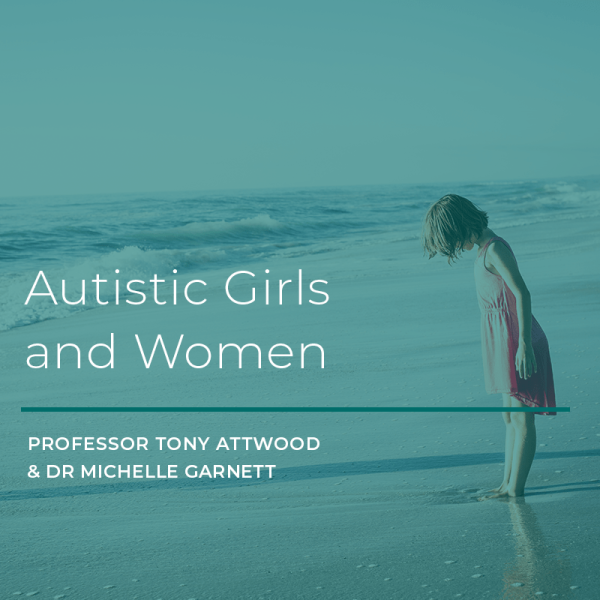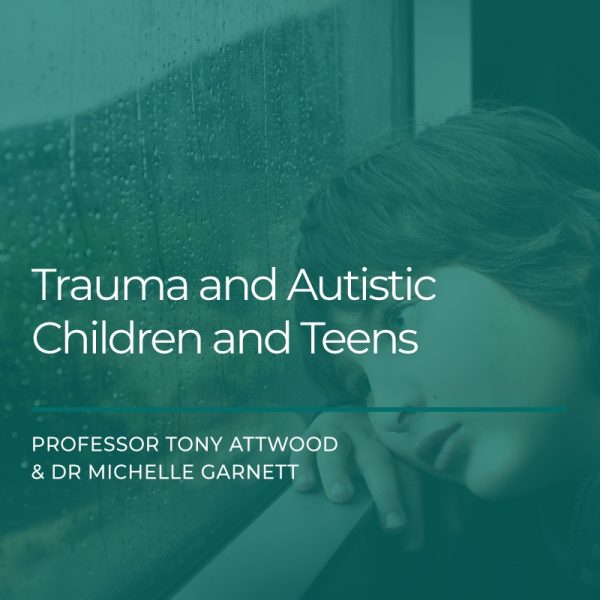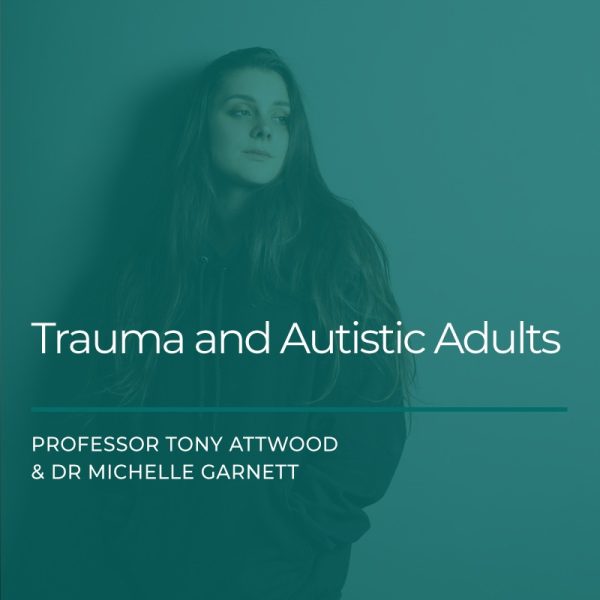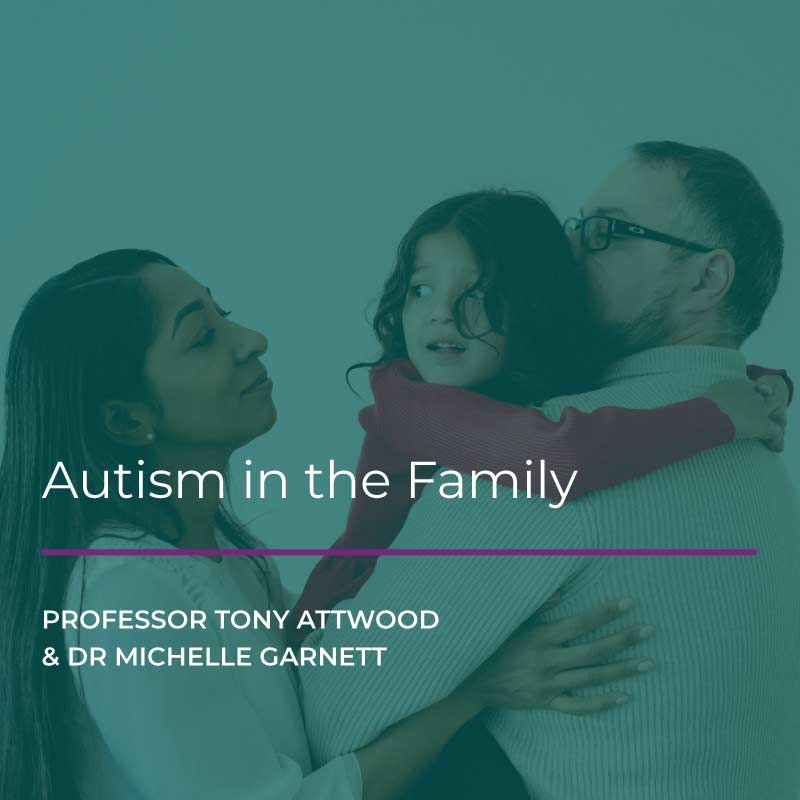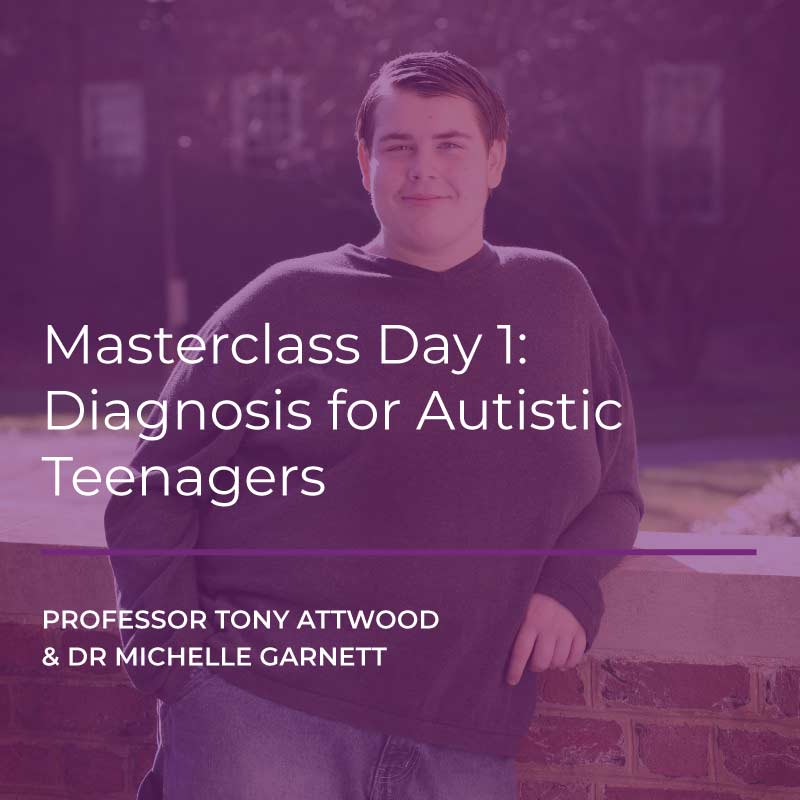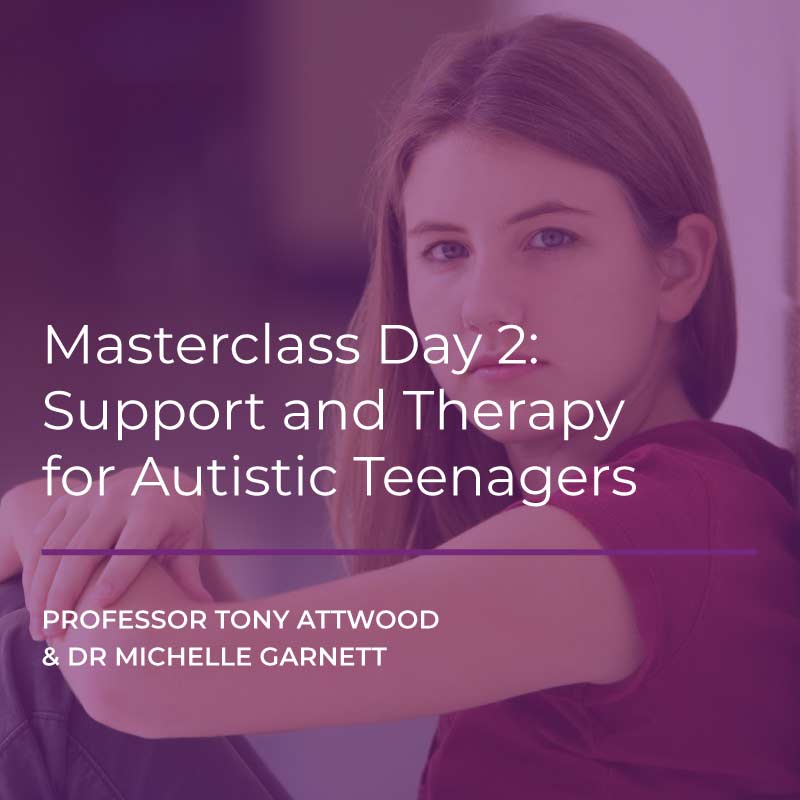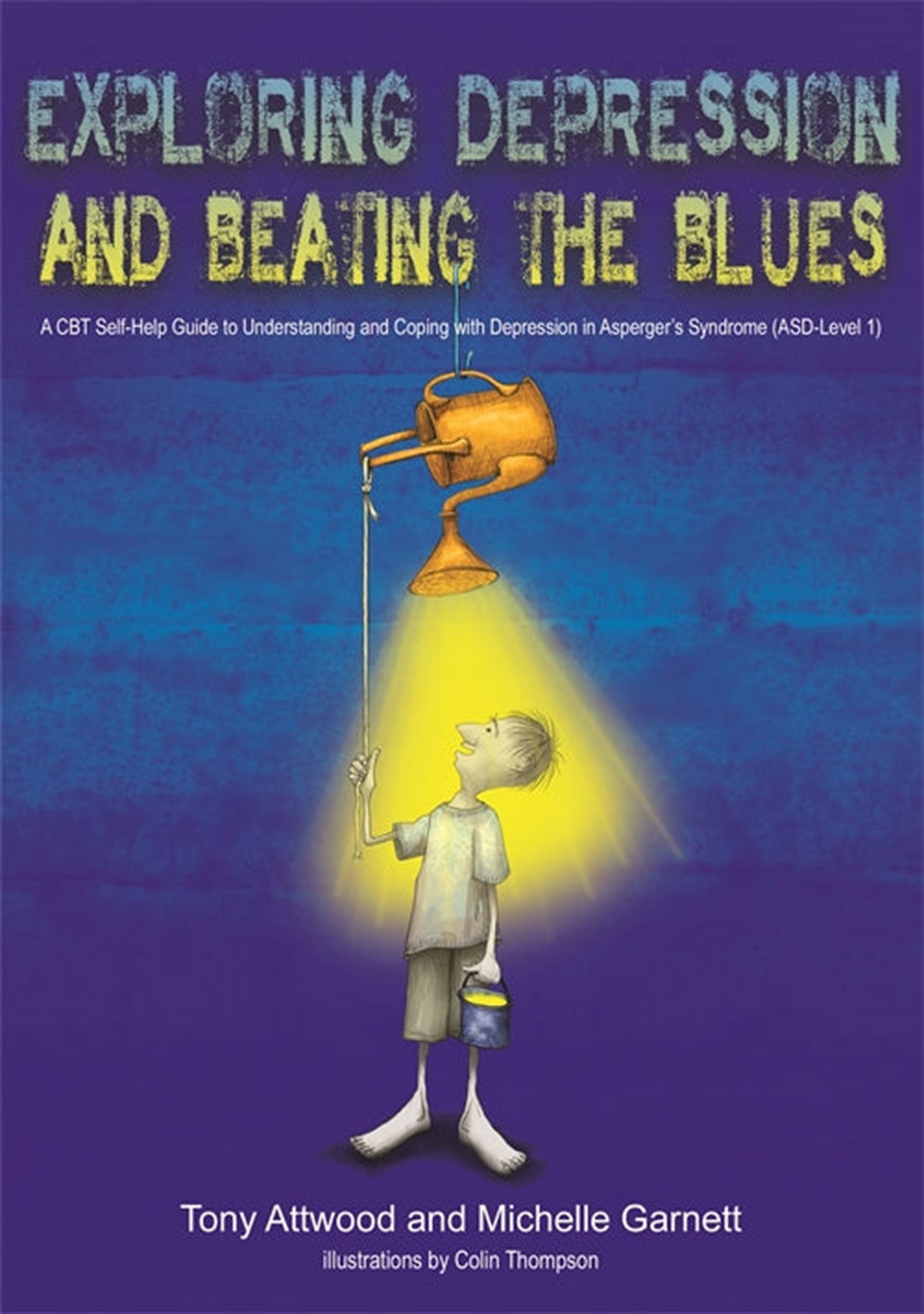Welcome to Tony Attwood's Website
A guide for parents, professionals and people with Asperger's Syndrome or Autism Spectrum Disorder Level 1 and their partners.
Ask Dr. Tony Webcasts
Regular podcasts in conversation with autismhangout.com founder/reporter Craig Evans > More Info
Participate in Research
Read about research projects that are seeking participation and find out how to get involved > More Info

to be one of the world’s foremost experts on
Autism Spectrum Disorder.
Upcoming Events
Books by Tony Attwood
Tony has published many books about Asperger's Syndrome and Autism.
He has also co-authored and contributed to publications with other experts.
He has also co-authored and contributed to publications with other experts.
New Release Out Now
Autism Working:
A Seven-Stage Plan to Thriving at Work
By Tony Attwood and Michelle Garnett


Tony Attwood, Michelle Garnett, Julia Cook, Louise Ford, and Stefanie Runham

Attwood & Garnett Events
FOUNDED BY PROFESSOR TONY ATTWOOD & DR MICHELLE GARNETT
Dr Michelle Garnett PhD is a clinical psychologist who has specialised in autism within her own private practice for over 27 years. She has co-authored six highly regarded books on autism, five with Prof Tony Attwood. Her 2018 book with Barb Cook is a seminal work on the female presentation, Spectrum Women: Walking to the Beat of Autism. Her most recent books Having Fun with Feelings on the Autism Spectrum and Ten Steps to Reducing Your Child’s Anxiety on the Autism Spectrum provide guidance to parents of young children on the autism spectrum.
Together Tony and Michelle have created a series of online courses that are available to download. There are also webinars consisting of a series of mater classes.
Recent Articles by Tony
25 September 2024
The Latest Research on Autism plus ADHD
In our extensive clinical experience, we often recognise the signs of attention deficit hyperactivity disorder (ADHD) in autistic children and adults. A recent research...
25 September 2024
Sensory Sensitivity and Autism
Hyper- or hypo reactivity to sensory input or unusual interest in sensory aspects of the environment is a core diagnostic criterion for autism (APA, 2022). Sensory sensitivity...
25 September 2024
Autistic ‘Stimming’ Behaviour
According to DSM-5 TR (APA 2022), one of the diagnostic criteria (B1) for Autism Spectrum Disorder is stereotyped or repetitive motor movements such as hand flapping and finger...
Tony's Facebook Feed
3 days ago
🌟 Hello everyone! Tony Attwood here! 🌟 ![]()
![]() I want to personally invite you to follow the Attwood and Garnett Events page @Attwood and Garnett Events, where I work alongside my exceptional colleague, Dr Michelle Garnett, an AuDHDer and clinical psychologist. Michelle and I have been working together for over 30 years in clinical practice, supporting neurodiverse individuals and their families, and developing resources and strategies for the community.
I want to personally invite you to follow the Attwood and Garnett Events page @Attwood and Garnett Events, where I work alongside my exceptional colleague, Dr Michelle Garnett, an AuDHDer and clinical psychologist. Michelle and I have been working together for over 30 years in clinical practice, supporting neurodiverse individuals and their families, and developing resources and strategies for the community. ![]()
![]() While I share some updates here, following the AGE page Attwood and Garnett Events directly will ensure you have access to all our latest posts, resources, and event announcements—some of which may not appear here.
While I share some updates here, following the AGE page Attwood and Garnett Events directly will ensure you have access to all our latest posts, resources, and event announcements—some of which may not appear here. ![]()
![]() We’d love for you to join us at Attwood and Garnett Events and stay fully connected to the insights and support we’re passionate about sharing.
We’d love for you to join us at Attwood and Garnett Events and stay fully connected to the insights and support we’re passionate about sharing. ![]()
![]() Looking forward to seeing you there! 😊
Looking forward to seeing you there! 😊 ![]()
![]() #actuallyautistic #autism #autistic #autismawareness #autismacceptance #autismspectrum #attwoodandgarnettevents
... See MoreSee Less
#actuallyautistic #autism #autistic #autismawareness #autismacceptance #autismspectrum #attwoodandgarnettevents
... See MoreSee Less
6 days ago
Social anxiety topic from our Ask Tony and Michelle questions
... See MoreSee Less
This content isn't available right now
When this happens, it's usually because the owner only shared it with a small group of people, changed who can see it or it's been deleted.
Tony Attwood
updated their status.
6 days ago
This content isn't available right now
When this happens, it's usually because the owner only shared it with a small group of people, changed who can see it or it's been deleted.